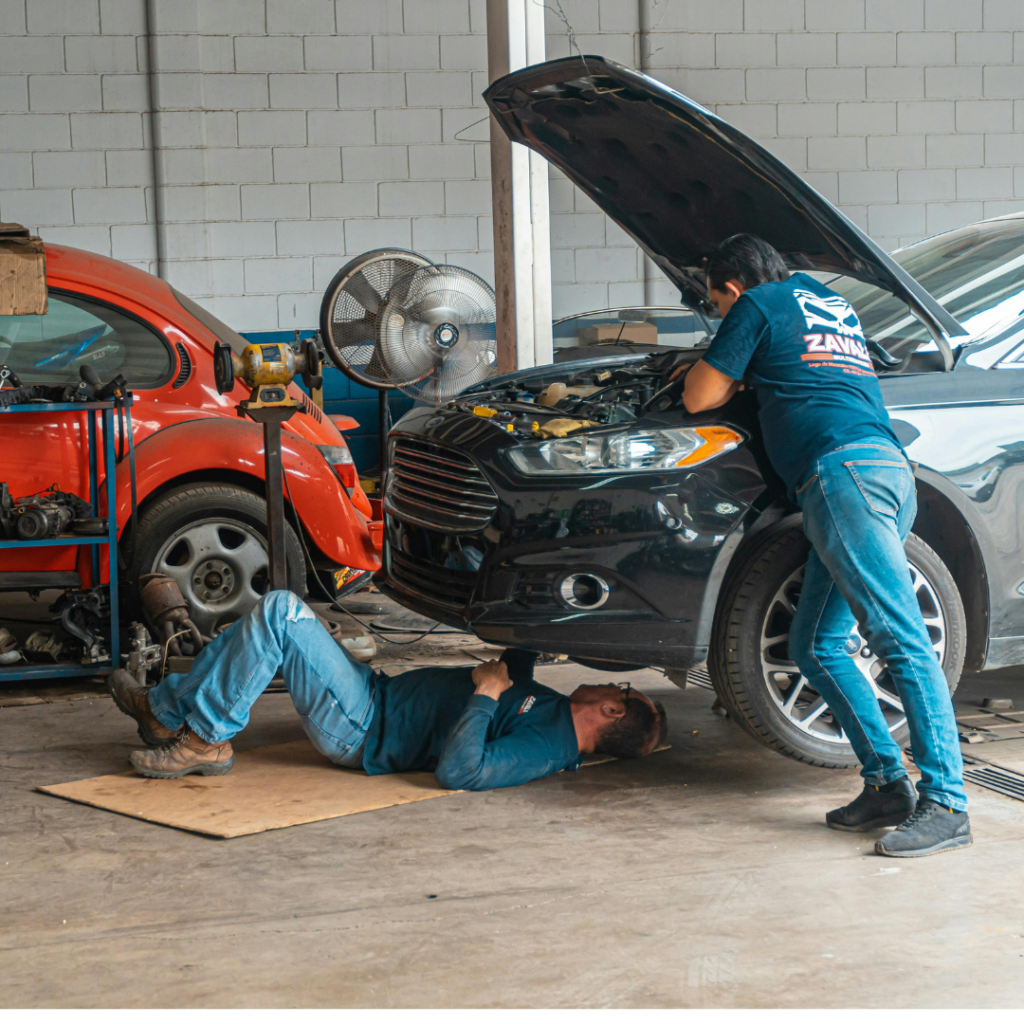Introduction
The safety of patients and visitors in healthcare facilities is critical. Individuals entrust these institutions with their care during some of the most vulnerable moments of their lives. However, when this trust is shattered, the consequences are devastating—for both the individuals affected and the healthcare system itself. The recent settlement involving Joseph and Patricia Hansard following an unprovoked assault at Tallaght University Hospital has sent shockwaves through the community. This case is not only a tragedy for the Hansards but also a wake-up call for the entire healthcare sector to prioritise patient and visitor safety.
This article explores the case, its implications for healthcare safety in Ireland, and the changes needed to ensure such an incident is never repeated.
The Tragic Incident at Tallaght University Hospital
On 12th March 2022, Joseph Hansard, 82, accompanied his wife Patricia, 87, to the emergency department at Tallaght University Hospital following a fall. They arrived at 9:15 am but, after waiting for over 10 hours, a horrific incident occurred. Mr. Hansard was subjected to an unprovoked attack by an individual who had previously been treated in an isolation area.
This attacker, unsupervised at the time, violently struck Mr. Hansard in the head with a piece of metal, leaving him with severe head injuries. The assault, which was ultimately interrupted by nursing staff, caused irreparable damage. Following the attack, Mr. Hansard’s health deteriorated rapidly, leading to an Alzheimer’s diagnosis. Patricia’s Parkinson’s disease also worsened, ultimately progressing into dementia. Once independent, the couple’s lives were irrevocably altered, and they now require full-time nursing care.
The settlement of €450,000 approved by Mr. Justice Paul Coffey reflects the distress and permanent impact this incident has had on the couple’s lives. While the hospital denied liability, the Hansard family’s heartbreaking account underscores critical lapses in hospital safety measures.
What Went Wrong?
The Hansard family’s statement described this incident as “entirely preventable.” Several key issues highlight areas where standard safety procedures appear to have failed:
- Lack of Supervision: The attacker had previously been treated in an isolation unit but was left unsupervised while waiting to be discharged. This lapse created an opportunity for harm.
- Security Failures: There were reportedly no security personnel present in the emergency department during the attack. Their presence could have mitigated or even prevented the assault.
- Prolonged Waiting Times: The couple’s extensive 10-hour wait in a crowded emergency department reflects broader systemic issues within Ireland’s healthcare system, exacerbating stress for both patients and staff.
These failures align with ongoing concerns about resource shortages, overcrowding, and underfunding in public hospitals. Left unaddressed, such conditions will likely lead to further preventable tragedies.
The Broader Implications for Patient Safety
The Hansard case is just one example of gaps in Ireland’s healthcare infrastructure. It raises critical patient safety questions, including:
- Are Hospitals Safe for Vulnerable Populations?
Elderly patients, individuals with disabilities, and those with chronic illnesses often rely on emergency departments for care. Without adequate safeguards, these individuals are at heightened risk in hospital environments.
- Is Hospital Security Adequate?
This case underscores the pressing need for enhanced security personnel and protocols. Security staff trained in conflict de-escalation could provide an important first line of defence in future emergencies.
- How Do Prolonged Wait Times Impact Safety?
Overcrowded and understaffed emergency departments increase the risk of violence, missteps, and negative patient outcomes. Addressing structural inefficiencies will help reduce risks associated with long waits.
These systemic challenges are further compounded by staff shortages, limited resources, and a growing patient population.
Lessons for Healthcare Advocates and Policymakers
The Hansard case adds urgency to the need for sweeping changes in Ireland’s healthcare system. For patient safety activists and healthcare advocates, it highlights three immediate priorities:
1. Strengthening Security Measures
Hospitals must invest in robust security frameworks to protect patients and visitors. This could include:
- Employing trained security staff during peak hours.
- Installing additional CCTV cameras to deter and document incidents.
- Developing rapid-response protocols for emergencies.
2. Reducing Emergency Department Overcrowding
Efforts to address waiting times should focus on:
- Increasing funding for hospital resources to manage patient influx.
- Expanding staff capacity to meet current demand.
- Implementing triage systems that prioritise timely care for vulnerable individuals.
3. Promoting Accountability and Transparency
Hospitals must be transparent about safety performance. Public reporting of safety initiatives, incident rates, and planned corrective measures will instil confidence and encourage continuous improvement.
By implementing these changes, Ireland’s healthcare system has the potential to safeguard every patient’s right to feel protected and valued within its facilities.
Support for Victims of Negligence and Assault
For individuals like the Hansards and countless others affected by negligence or unsafe environments, securing justice can be a long and emotionally taxing process. Legal experts specialising in medical negligence and personal injury claims, such as the team at HOMS Assist, can provide much-needed support.
With over 50 years of experience, HOMS Assist helps individuals and families pursue compensation and accountability. By offering compassionate, skilled representation, they empower victims to reclaim some sense of justice after devastating events like those faced by the Hansards.
If you or a loved one has been affected by unsafe conditions in a healthcare setting, do not hesitate to seek expert advice.
Contact HOMS Assist today for a free consultation.
Actionable Steps for Reform
The Hansard family courageously spoke out, not only to seek justice but to highlight preventable systemic failures. Their plea for stronger hospital security and patient safety measures resonates far beyond their case. For healthcare advocates, the following steps are crucial:
- Push for audits of hospital safety policies.
- Advocate for increased funding to reduce overcrowding and understaffing.
- Demand greater accountability from hospitals and health services.
By learning from these tragedies, we can work toward building a healthcare system that prioritises the dignity and safety of every individual.









